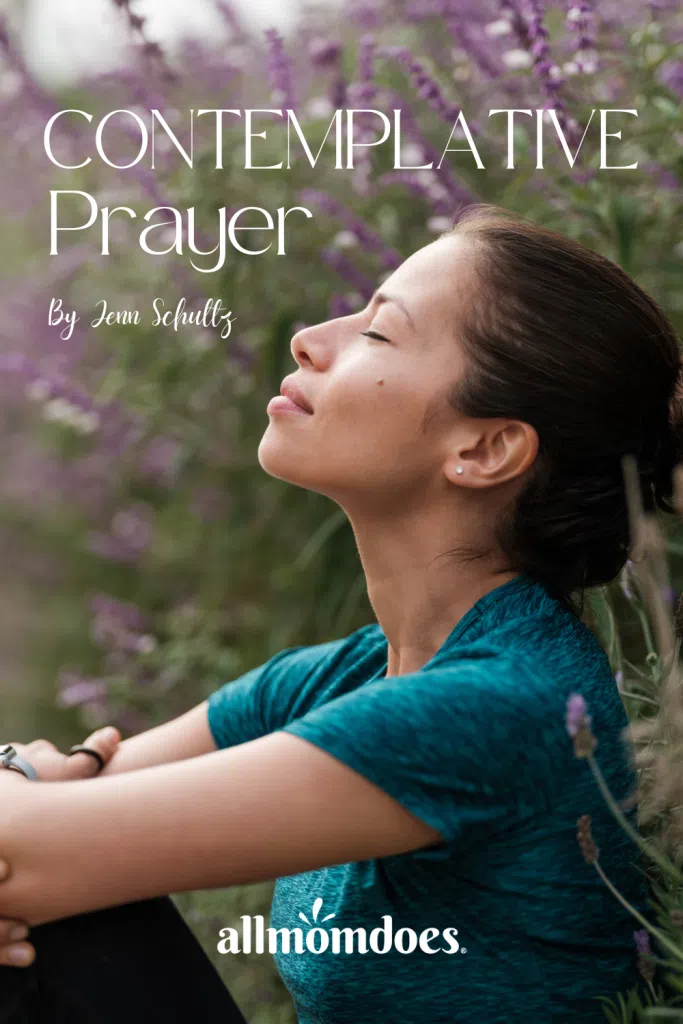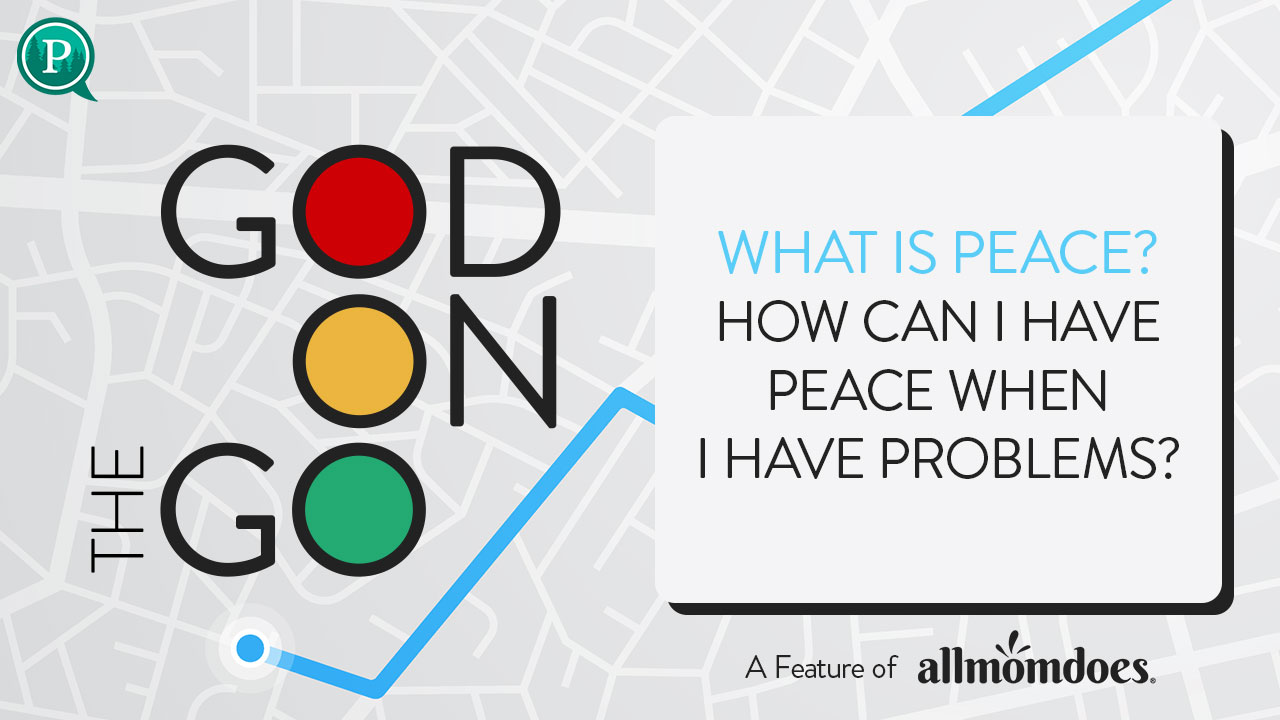It never fails to amaze me that God makes himself available to us every time we pray and reach out to him. He listens; he hears; he responds. We know that we can pour out our hearts to him, King David Psalms-style, and he delights in hearing from us.
Conversation, though, happens both ways. We speak, but we also listen. I’ve found that listening to God can come in a lot of different forms, and not necessarily audible ones. The more I practice listening and being still with God, the more familiar he and his character become.
One method of preparing yourself to listen to God and practicing his presence is contemplative prayer.
What is contemplative prayer?
This practice is a way of being still and silent with God as we spend time in his presence. It’s an awareness of him, something like a companionable silence with a friend or significant other. It’s a way of reflecting on and experiencing and appreciating the beauty of God. One video I found online described contemplative prayer as “beholding and being held by God”.
If this idea feels unfamiliar for you, I get it. Growing up going to church, I only ever saw prayer as a way to talk to God. Listening to him came through scripture (which is true too). Recently, though, I’ve been exploring faith exercises, ones that are new to me, but have been practiced formally since early Christianity, and may even be described in scripture (these are from the New International Version):
Psalm 27:4 – “One thing I ask from the Lord, this only do I seek: that I may dwell in the house of the Lord all the days of my life, to gaze on the beauty of the Lord and to seek him in his temple.”
Psalm 16:11 – “You make known to me the path of life; you will fill me with joy in your presence, with eternal pleasures at your right hand.”
Psalm 46:10 – “He says, “Be still, and know that I am God; I will be exalted among the nations, I will be exalted in the earth.”
Ephesians 1:17-19a – “I keep asking that the God of our Lord Jesus Christ, the glorious Father, may give you the Spirit of wisdom and revelation, so that you may know him better. I pray that the eyes of your heart may be enlightened in order that you may know the hope to which he has called you, the riches of his glorious inheritance in his holy people, and his incomparably great power for us who believe.”
Romans 12:2 – “Do not conform to the pattern of this world, but be transformed by the renewing of your mind. Then you will be able to test and approve what God’s will is—his good, pleasing and perfect will.”

Getty | AscentXmedia
What is not contemplative prayer?
It’s not meditation, which can be done intentionally to ponder and reason and understand God’s Word better. It’s just simple quiet moments with God, without distraction or effort or figuring things out.
It’s not about emptying the mind. It’s rather a removal of distractions, and a drawing back to being present with God.
It’s not a clear and direct method. The way most faith leaders describe it, it’s a gift of the Holy Spirit, not something you can force.
It’s not a replacement for verbalized prayer or reading scripture. All these practices work together to commune with God and to know him better.
How do you practice contemplative prayer?
Again, there’s really no specific method, although it seems like a lot of people practice it similarly. Contemplative prayer is a gift of the Holy Spirit, a way of being present with God without distraction and without force.
Here’s how I practice it, as a starting point for you, but feel free to adapt as needed:
1. Sit in a comfortable place without distraction (as much as possible).
2. Take a few deep breaths to focus on being right in this moment–not in the future or the past.
3. Choose a word or phrase to keep you present here with God. A breath prayer is a good option too. Often I go back to the word “clear,” because it helps me clear my mind of distractions.
4. This is debatable for contemplative prayer, but I like to imagine being in a peaceful place with God, sitting quietly or walking with him.
5. I’ll add a quick verbalized prayer to invite God in, to tell him I’m here and listening and paying attention, and to express gratitude for him being with me.
6. And then I just sit still, imagining him right next to me. Sometimes thoughts come and go. Sometimes they are very clearly not words I would have come up with on my own–that’s when I sense God putting something on my heart on purpose through the Spirit.
That’s how you can practice it with intention, but I’ve found that the more I practice, the more contemplative prayer happens spontaneously, in delighting in God’s goodness or asking for help without words.
How about you? Have you ever tried contemplative prayer? Is this a practice that would be helpful for you?
PIN THIS!

 Read more of Jenn’s contributions to AllMomDoes here.
Read more of Jenn’s contributions to AllMomDoes here.

















